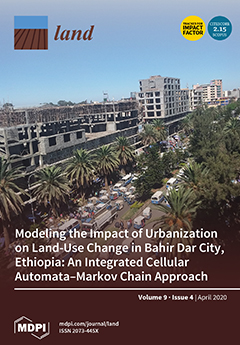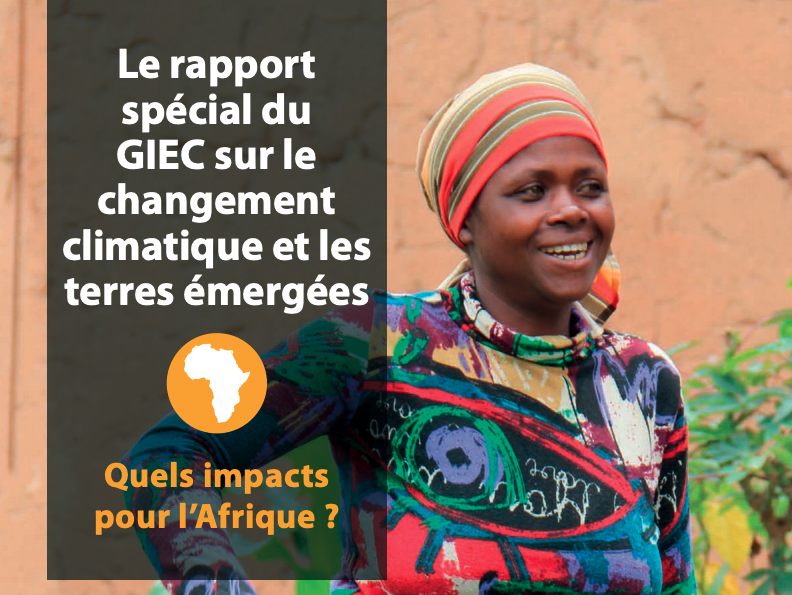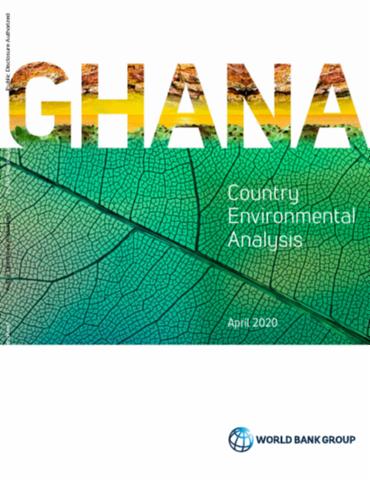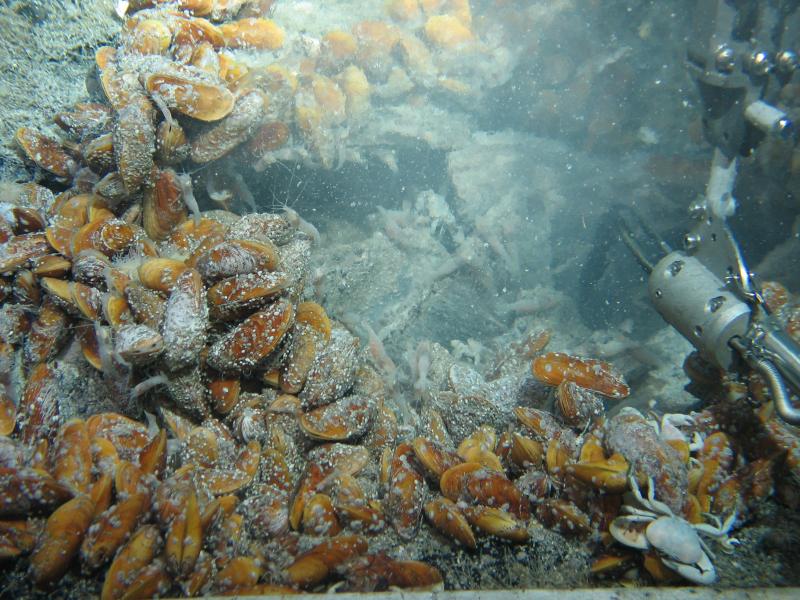Using a Social-ecological Regime Shift Approach to Understand the Transition from Livestock to Game Farming in the Eastern Cape, South Africa
This study explored the shift in land use from livestock farming to game farming in the Eastern Cape, South Africa, from a social-ecological regime shift perspective. A regime shift can be defined as a large, persistent change in the structure and function of the intertwined social and ecological components of a landscape. This research focused on the Amakhala game reserve as a case study to understand how the shift affected the provision of ecosystem services and human wellbeing.





